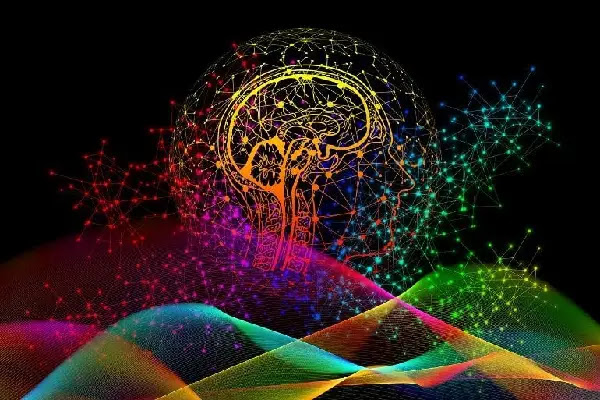criticisms of the quantum mind
The problem of consciousness
The human mind is a field of which much remains to be learned. For many, understanding human consciousness is finding the greatest scientific discovery.
Consciousness, in very simple terms, is the knowledge you have of yourself, your actions and who you are. Also, it is the ability to interpret and decode the world outside of you. Although multiple theories have emerged to explain how it originates or what regulates it, we actually know very little about it. Ultimately, consciousness is a problem for scientists.
Viewed quickly it seems like a minor problem, but it is
actually the holy grail of much current research. Explaining how something can
emerge from a gelatinous mass that determines who we are and what we do is the
goal of millions of scientists around the world.
This was not always the case, of course. Until relatively recently consciousness was not an important element for science. It was thought that it belonged to the realm of fantasy, or in any case that it could never be explained with the help of the scientific method. Our understanding of neural activity and other aspects of the brain has led us to rethink these ideas.
The main obstacle when studying it is evident: it is an
unobservable entity . This would not seem like a problem, since we are
continually studying things that we cannot see (like atoms, to return to
quantum physics). The fact that our conscience regulates what we can know about
conscience does not help at all to solve the problem.
Apart from all this, keep in mind that the quantum mind is a theory that seeks to explain the way in which consciousness is created. Is it a perfect or complete theory? Not at all. Do you have unanimous support from the community? Either. However, as we learn more about brain and quantum processes in the future, we will be able to delve further into these ideas.
Criticisms of the quantum mind
As you can imagine, the theory received infinity of
criticism from its inception, but also some praise. One of the most important
criticisms is that quantum manifests itself, in principle, at very cold
temperatures (close to absolute zero). In warm temperatures, interactions cease
to manifest.
This has led sundry scientists to terminate the theory. Some have even come to noise it a pseudoscience. In turn, it has served as a promoter of what is now known as quantum biology , as well as other experts investigating the viability of a consciousness explained from quantum models.



